Over the last few years, the demand for PCs increased as more people started working from home. This wasn’t entirely surprising, but it resulted in massive spikes in sales of PC hardware. Demand has dropped since then, and Taiwan-based motherboard manufacturers now expect sales to drop by 20-30%, as reported by Digitimes. And with the popularity of cryptocurrency dwindling as time goes on, we’re also seeing the demand for graphics cards lessen.
These sorts of situations aren’t anything unusual in the PC hardware space. After all, the needs of the market are ever-changing, and during the height of the global pandemic in 2020, these demands were huge. The situation is much calmer now in comparison, and consumer needs are starting to decrease as well. With that in mind, it’s not shocking to see motherboard sales drop.
Asus, ASRock, MSI, and Gigabyte are some of the companies this will affect. Asus, in particular, has reduced its projected sales for motherboards from 18 million units to 14 million. This isn’t the only company to do this, as many have reduced projections to reflect the current needs of the market. This will hurt bigger PC brands the most, and due to various other circumstances, the drop in sales could be big. As a result, we may start to see some interesting developments, which may benefit consumers.
There’s a chance that we’ll see oversupply for certain models of motherboards. What this means for consumers is that we may see some deals on older motherboard models. That’s something we’ll need to keep an eye on. But if it does end up happening, it could be a perfect opportunity to upgrade a dinosaur system to something relatively modern. If motherboard manufacturers need to deal with an overabundance of products, slashing prices may be the route taken.
Will this affect future technological pushes?
With the decrease in demand slowing down sales, it may end up causing some trouble. Motherboards with even more PCIe 5.0 support are just around the corner, after all. Both Intel with its upcoming Raptor Lake CPUs and AMD with its Zen 4 lineup will make the most of PCIe 5.0 motherboards.
There’s a chance that the drop in motherboard sales could noticeably impact consumer adoption rates and slow the shift to this new generation. Some manufacturers might also decide to add fewer cutting-edge features in new boards as a means of managing costs. We’ll have to wait and see on that. For now, it’s best to keep an eye on the situation and see where things go from here.

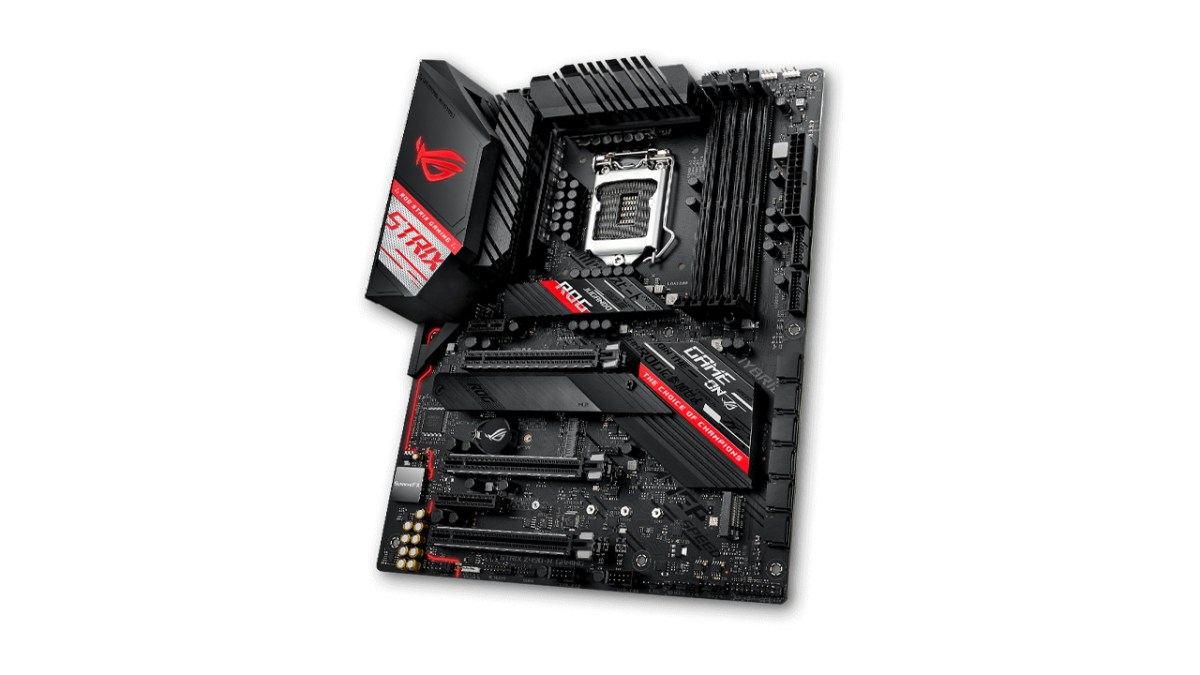
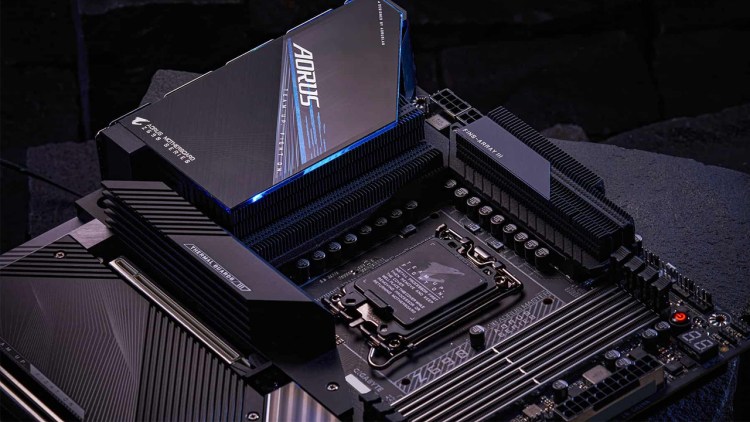
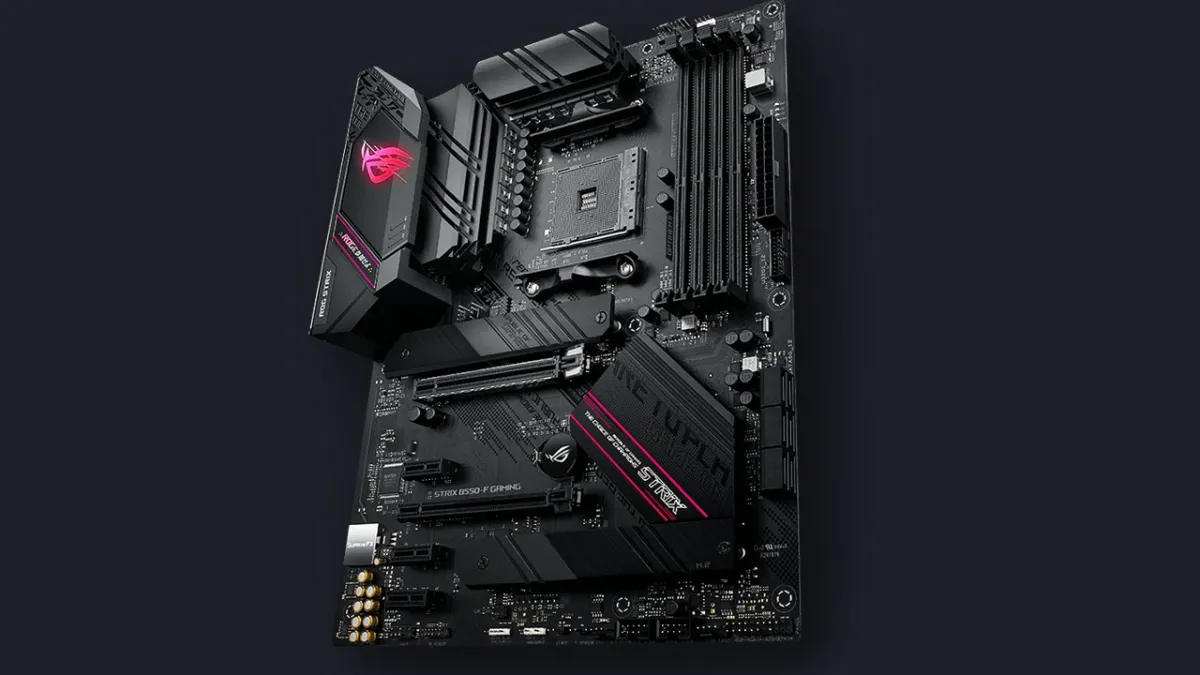


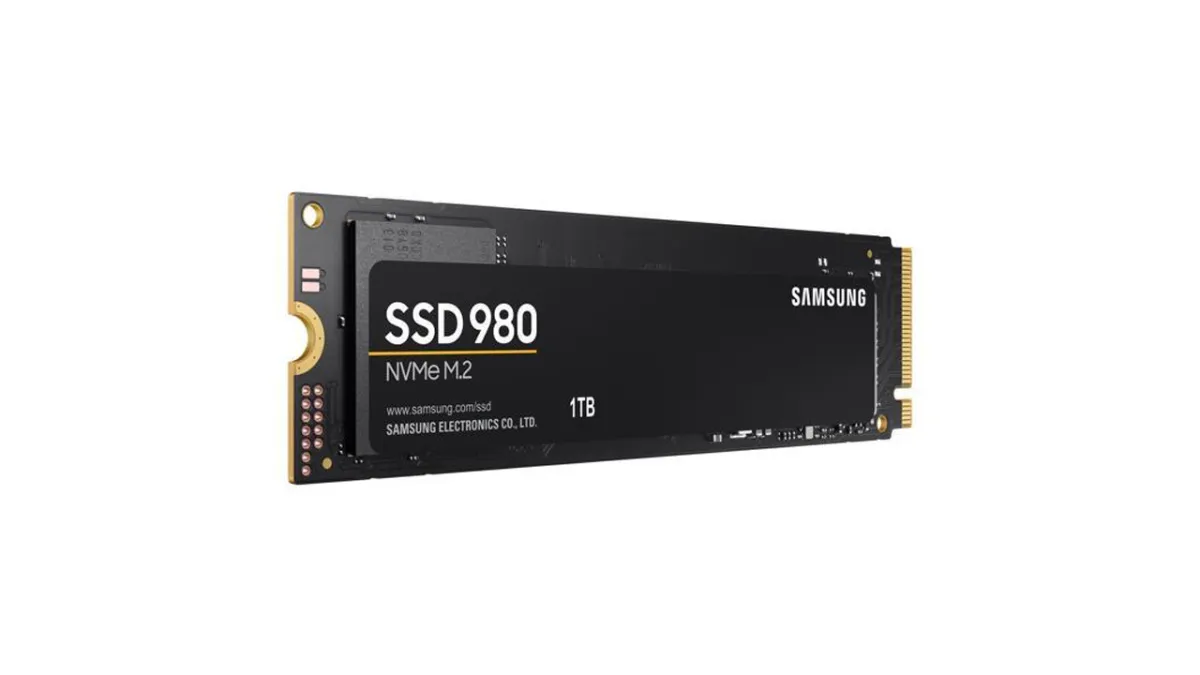
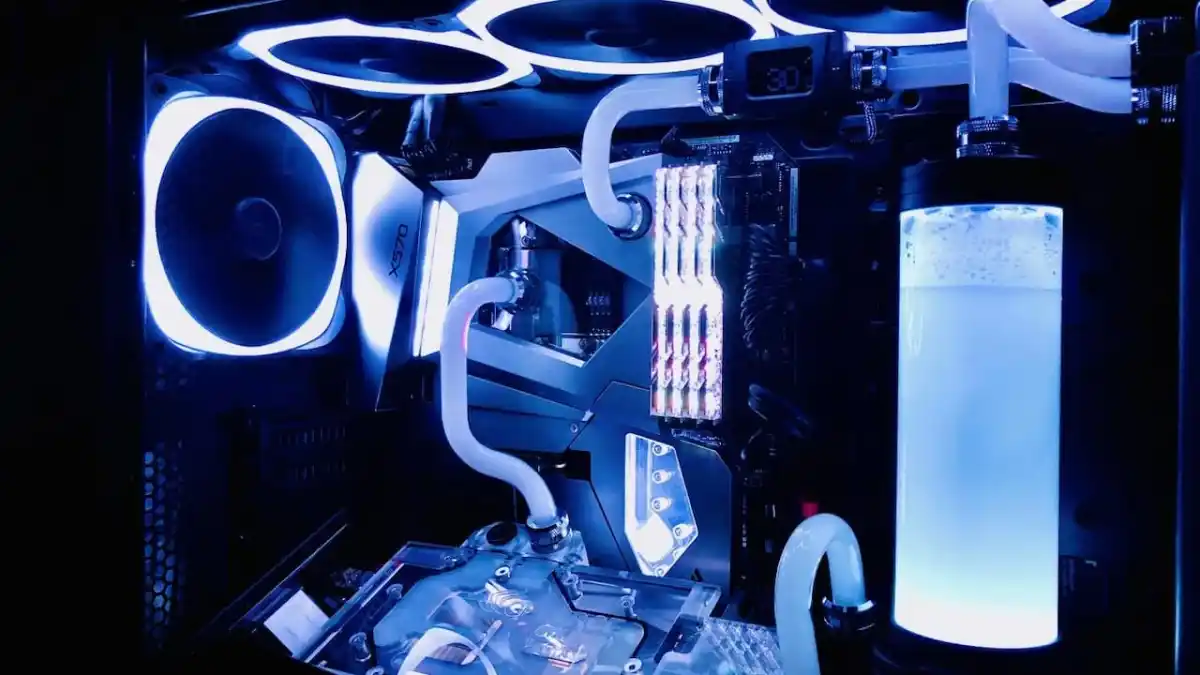
Published: Jul 7, 2022 01:30 pm